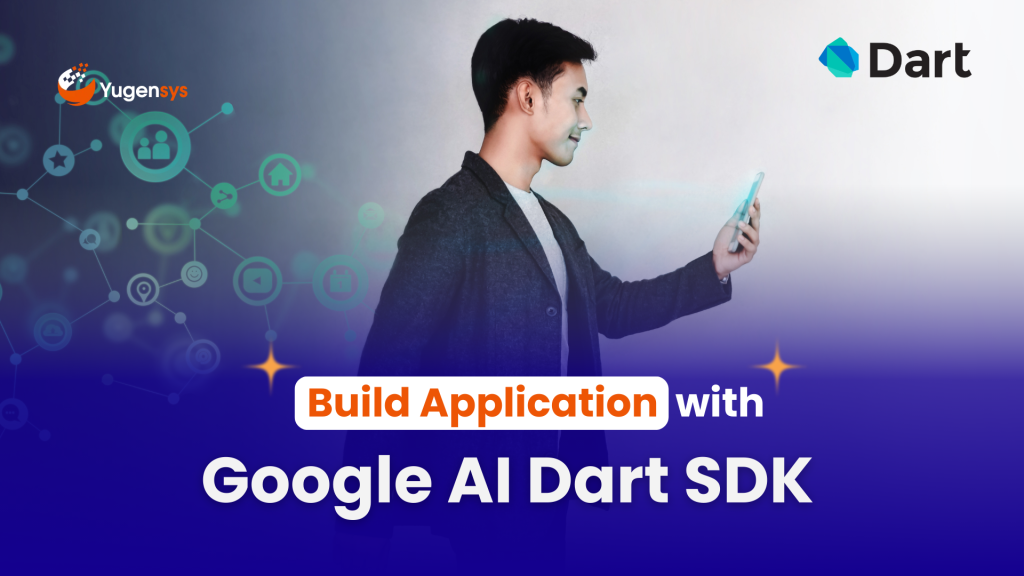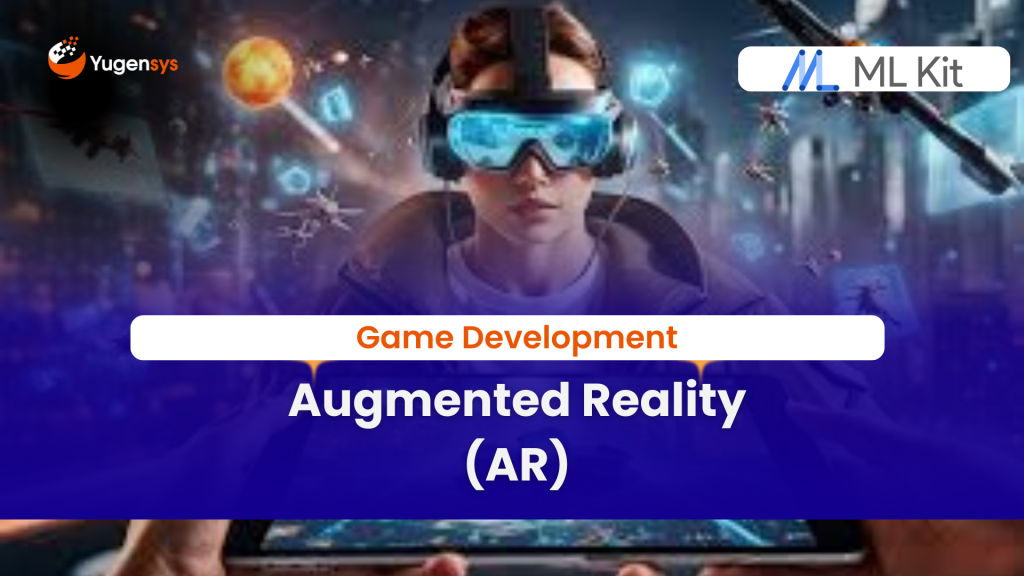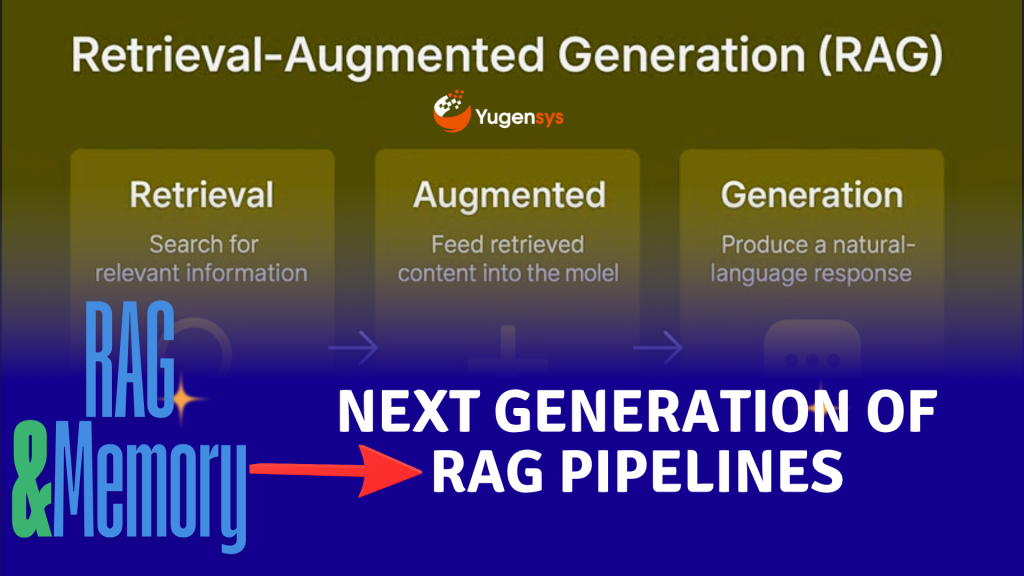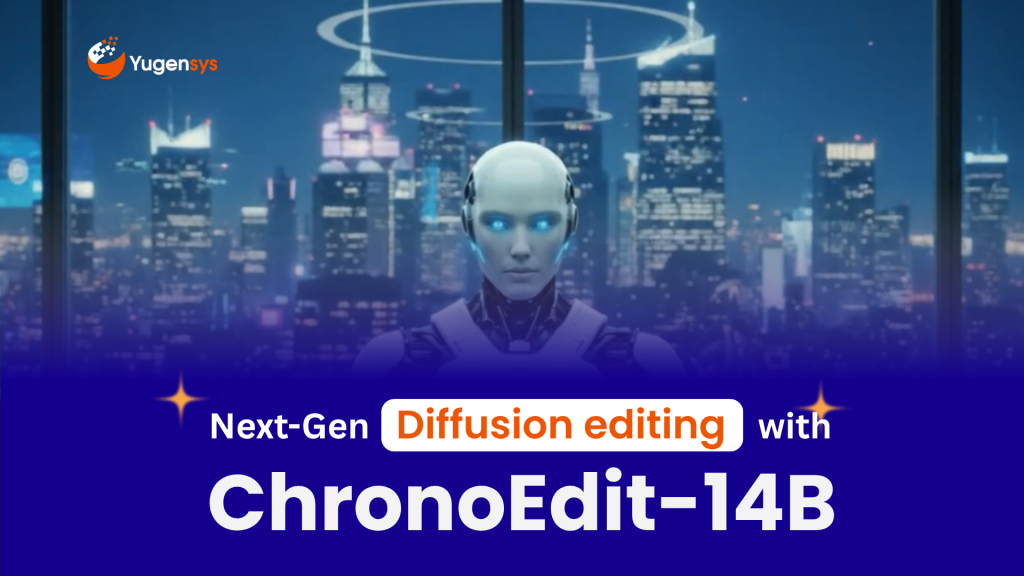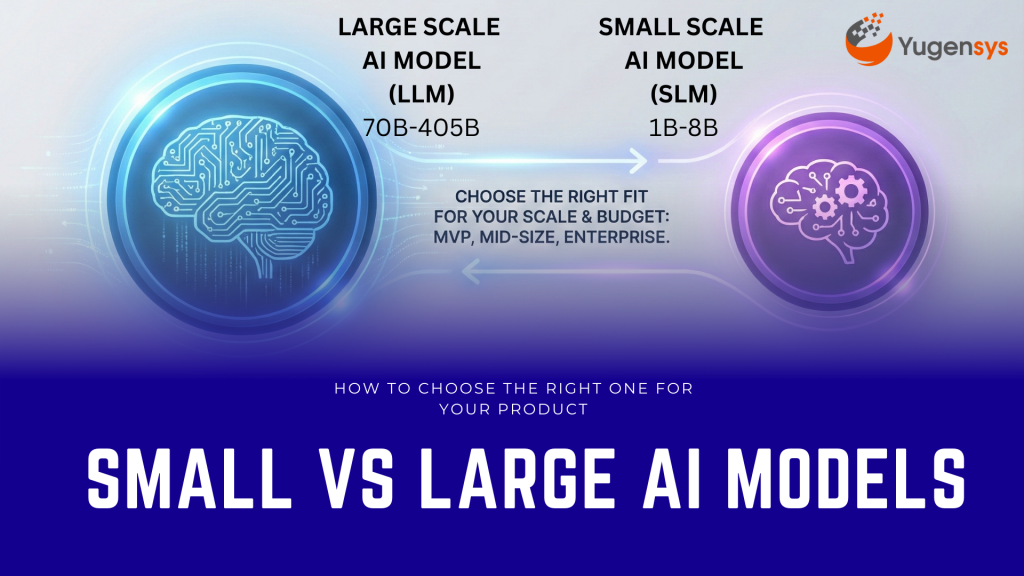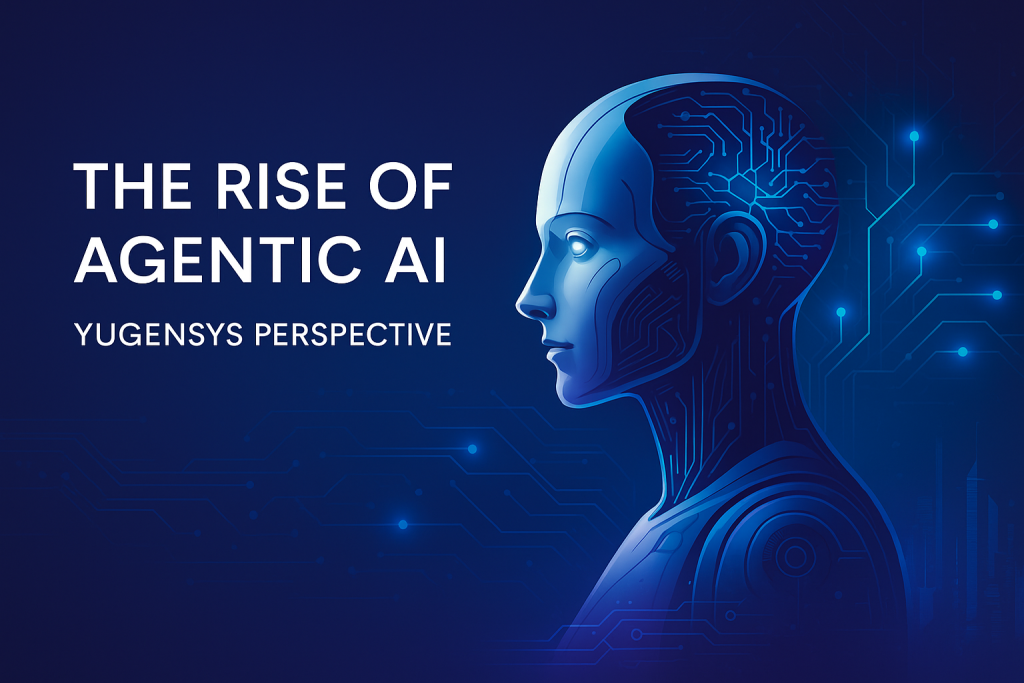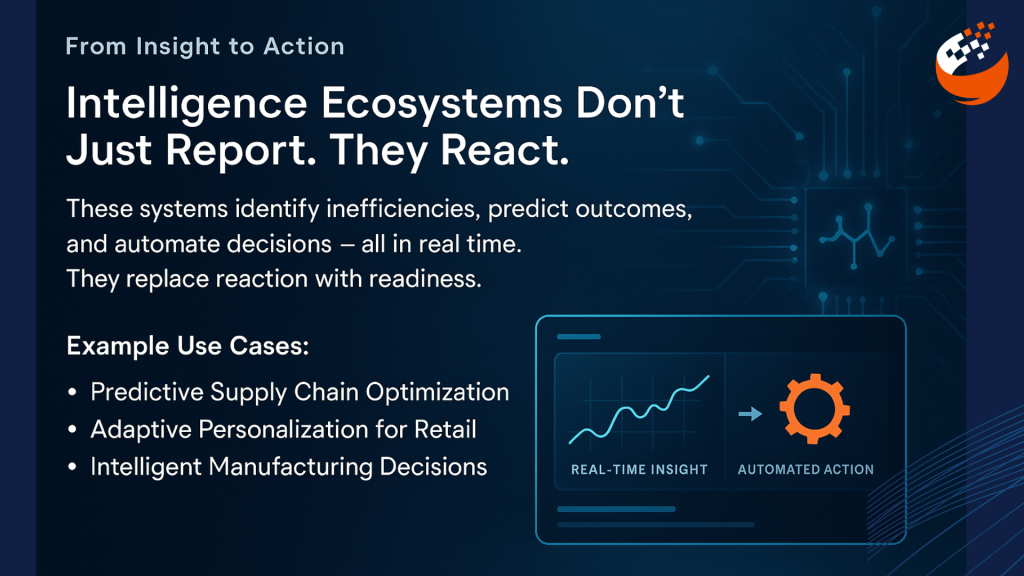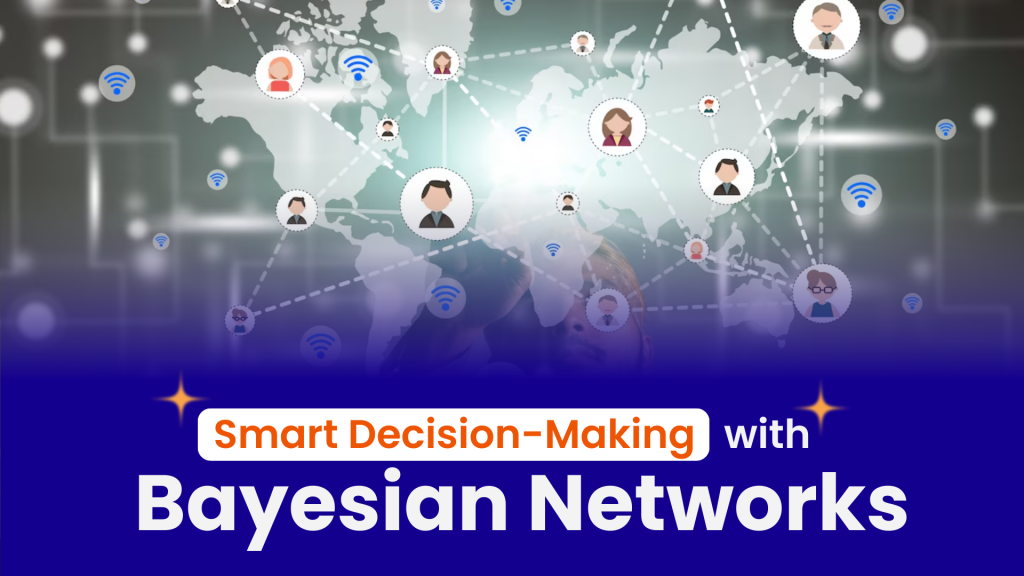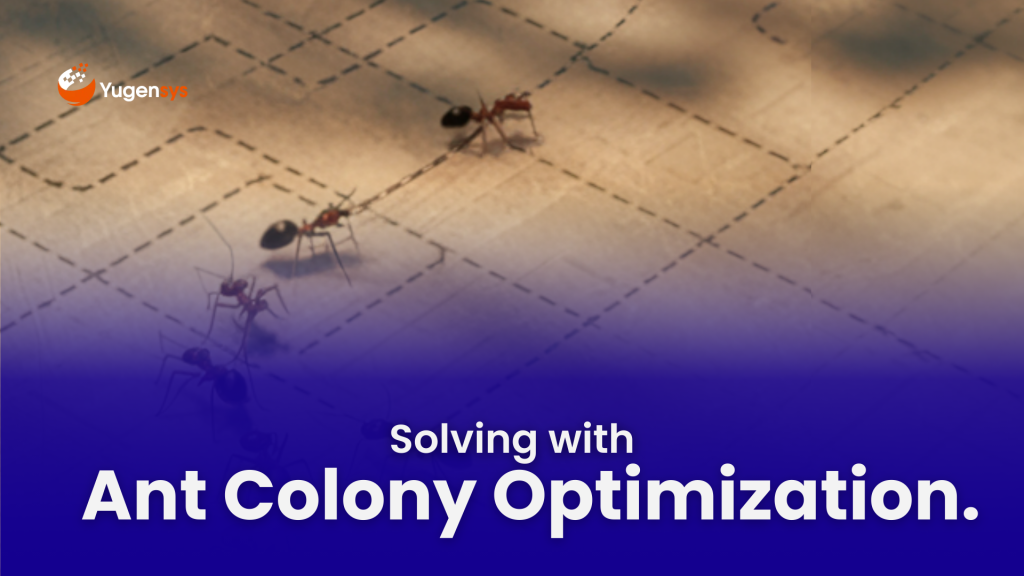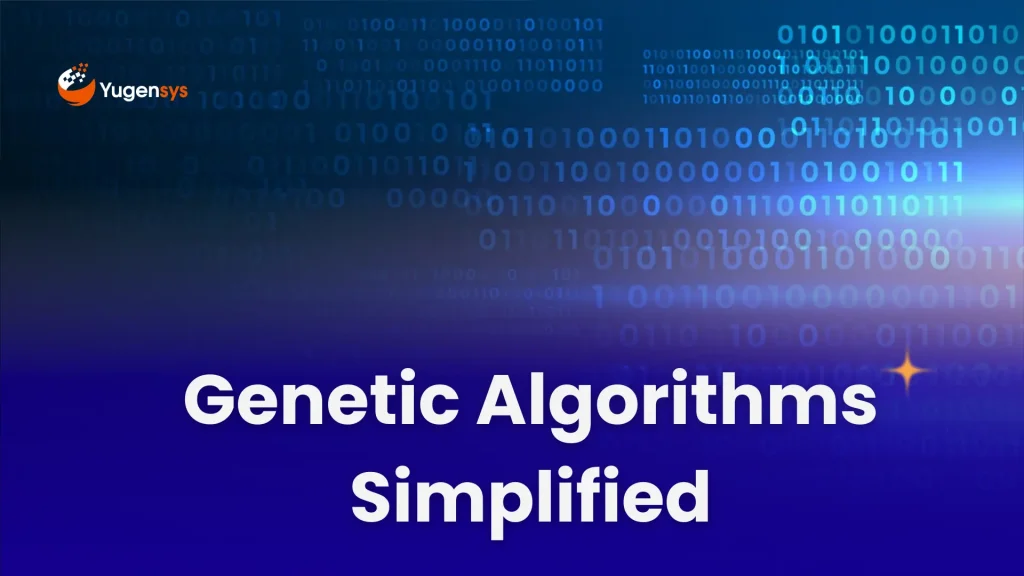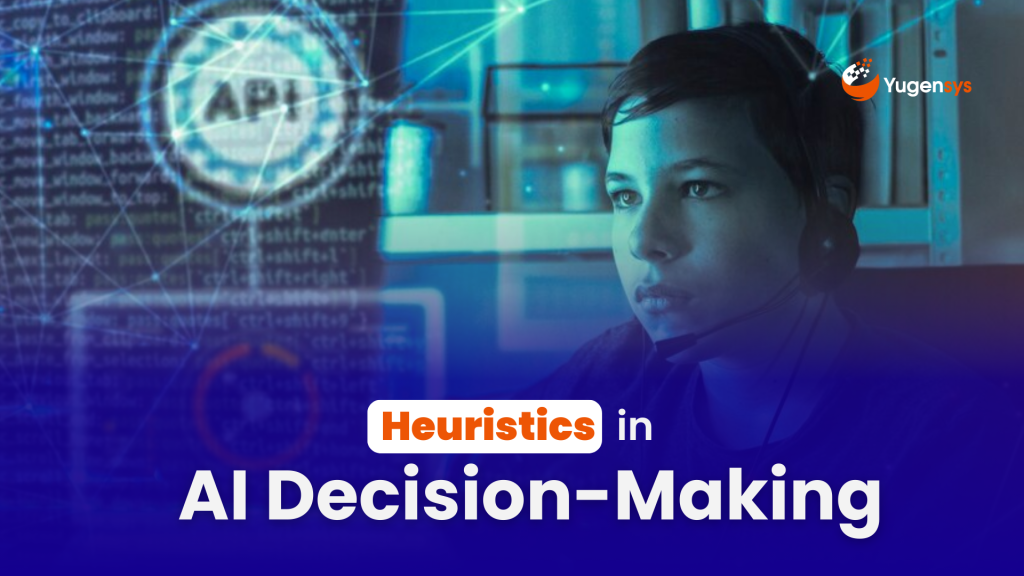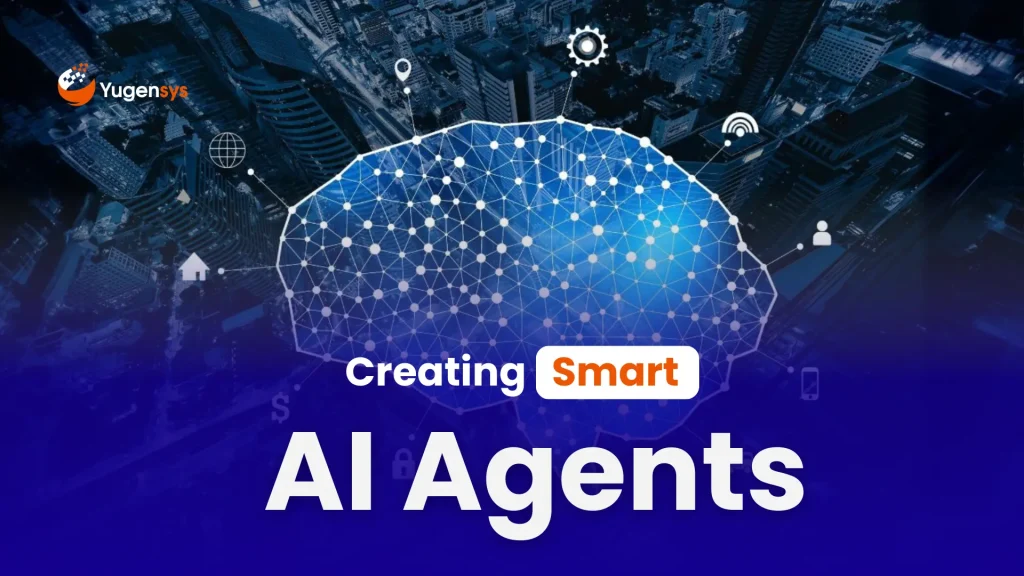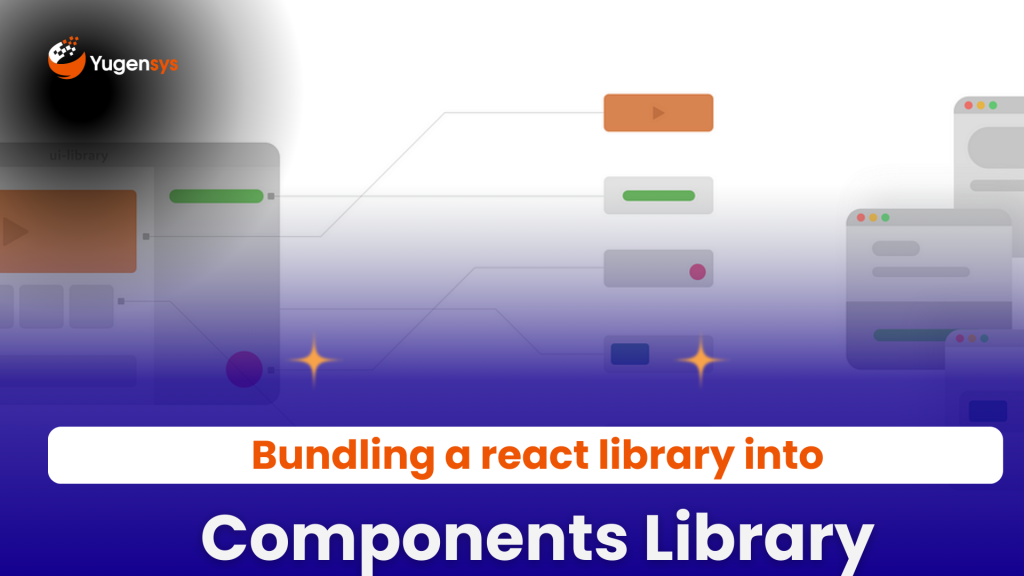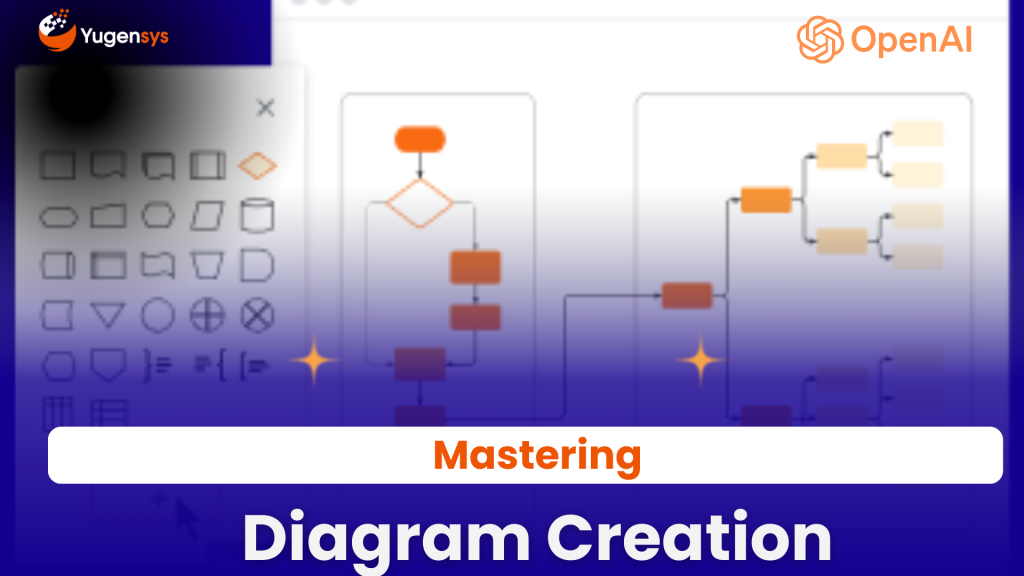Integrating Gen AI into Dart: A Beginner’s Approach
Table of Contents
In today’s rapidly evolving tech landscape, the fusion of artificial intelligence (AI) and programming languages opens up new vistas of possibilities. Dart, known for its efficiency and versatility, stands at the forefront of this revolution. Combining Dart with powerful AI models like Gemini propels us into realms where creativity and innovation thrive.
In this blog post, we embark on a journey to integrate the Gemini model, a cutting-edge AI model developed by Google, with Dart, Google’s open-source, client-optimized programming language. We’ll delve into a Proof of Concept (POC) that illustrates how seamlessly Dart can harness the power of Gemini to generate content, spark creativity, and enhance user experiences.
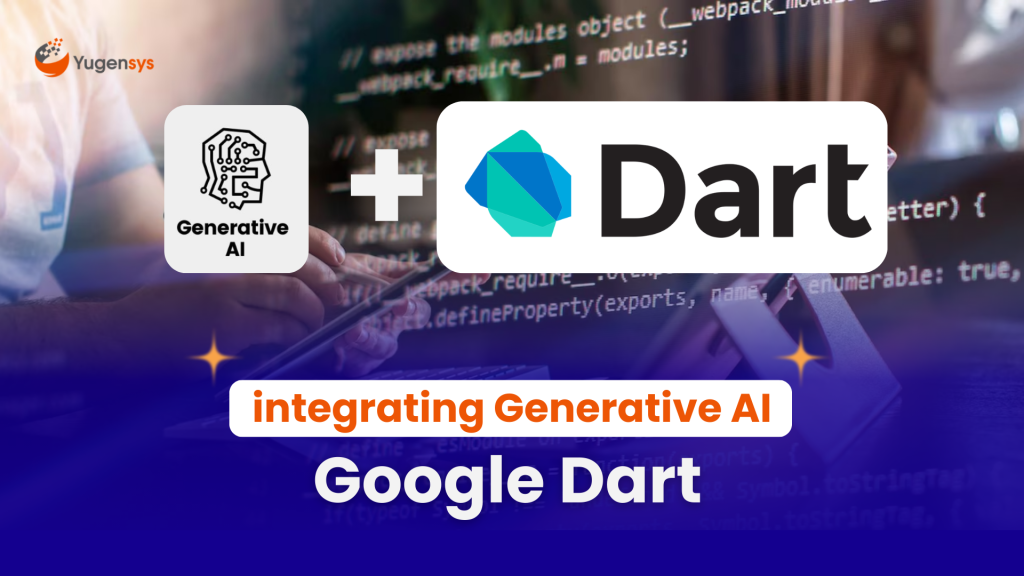
Understanding the Codebase
Let’s dissect the Dart code snippet that orchestrates the integration with the Gemini model:
Initializing the Gemini Model
The initializeGenerativeModel function initializes the Gemini model with specified configuration settings, including maximum output tokens, temperature, top-p, and top-k values. Additionally, it sets safety settings to ensure that the generated content adheres to community guidelines and filters out harmful material.
Generating Word Counts
The generateWordCount function dynamically generates word counts based on the difficulty level selected by the user. It adjusts the distribution of easy, hard, and difficult words accordingly, ensuring a balanced and challenging experience.
Generating Word by Category
ThegenerateWordsByCategory function leverages the Gemini model to generate words based on the selected category, difficulty level, and word length criteria. It constructs prompts tailored to the user’s preferences and retrieves word suggestions from the Gemini model.
Generating Hints
The generateHints function solicits hints for a given word from the Gemini model, maintaining the suspense and challenge while providing valuable clues to the user.
Bringing it all together!
The main function serves as the entry point, orchestrating user inputs, category selection, level determination, word generation, and hint retrieval. It encapsulates the core logic of the integration, offering a cohesive and interactive user experience.
Conclusion
In this blog post, we embarked on a captivating exploration of integrating the Gemini model with Dart, unlocking a plethora of possibilities for content generation, gamification, and user engagement. By harnessing the power of AI within the Dart ecosystem, developers can create immersive experiences that captivate and inspire audiences worldwide.
Stay tuned for more insights, tutorials, and innovations at the intersection of AI and programming languages. Together, let’s push the boundaries of creativity and technology, shaping a future where the possibilities are limitless.
For more information on Dart and Gemini, explore the following resources:
Feel free to experiment with the code snippet provided and embark on your own journey of AI integration with Dart. The possibilities await!
Stay inspired, stay innovative, and happy coding!
As the Tech Co-Founder at Yugensys, I’m driven by a deep belief that technology is most powerful when it creates real, measurable impact.
At Yugensys, I lead our efforts in engineering intelligence into every layer of software development — from concept to code, and from data to decision.
With a focus on AI-driven innovation, product engineering, and digital transformation, my work revolves around helping global enterprises and startups accelerate growth through technology that truly performs.
Over the years, I’ve had the privilege of building and scaling teams that don’t just develop products — they craft solutions with purpose, precision, and performance.Our mission is simple yet bold: to turn ideas into intelligent systems that shape the future.
If you’re looking to extend your engineering capabilities or explore how AI and modern software architecture can amplify your business outcomes, let’s connect.At Yugensys, we build technology that doesn’t just adapt to change — it drives it.
Subscrible For Weekly Industry Updates and Yugensys Expert written Blogs









